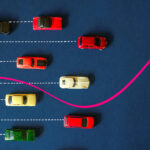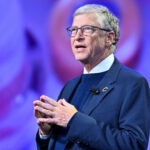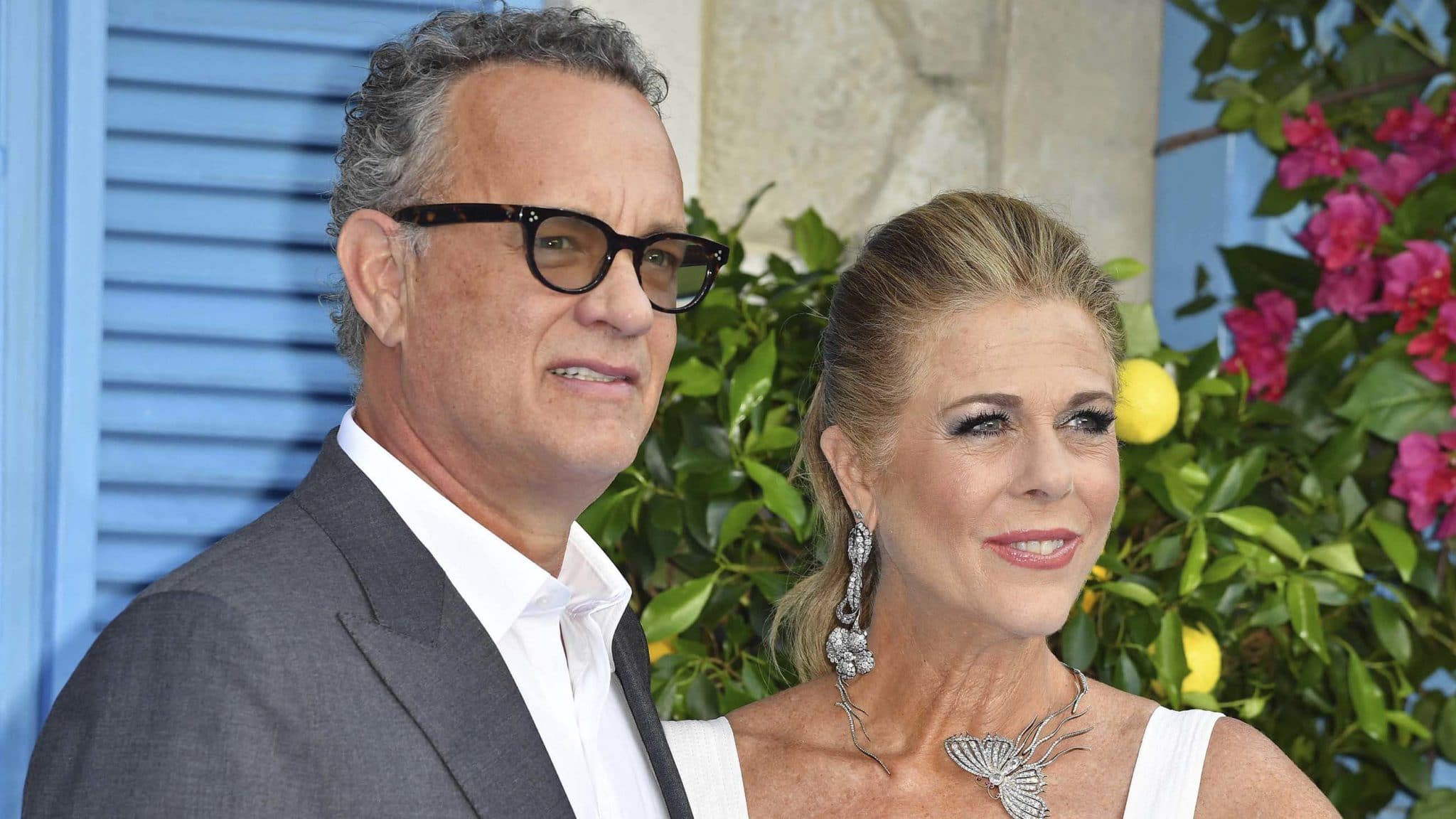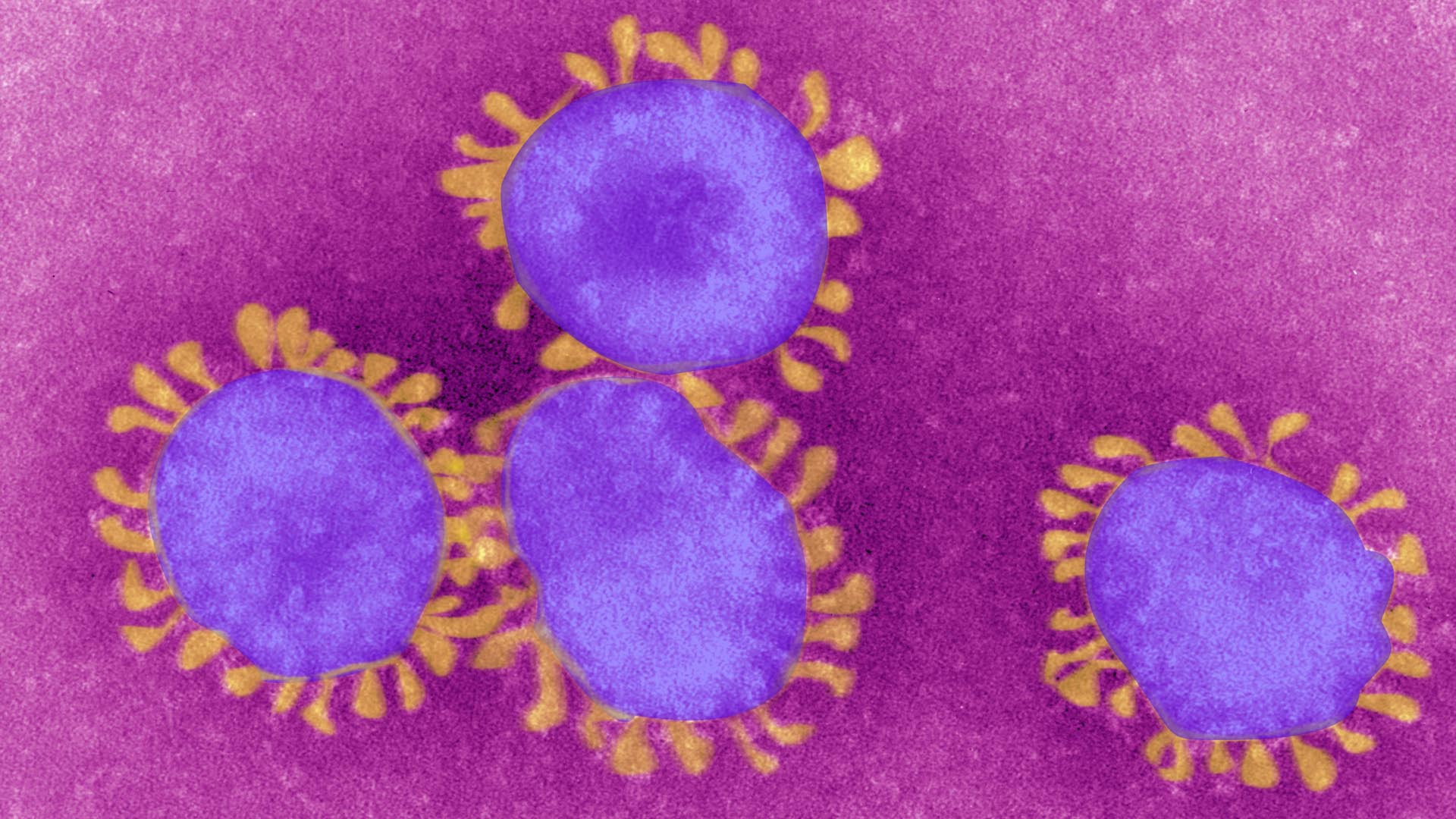The list is long: Actors Idris Elba, Tom Hanks, and Rita Wilson. British football manager Mikel Arteta. Former television host afnd wife to Canada’s prime minister, Sophie Trudeau. The majority of the Los Angeles Lakers basketball team.
What do all these prominent people have in common? They were all able to rapidly access tests for SARS-CoV-2, the novel coronavirus now racing across the world. While testing for the coronavirus becomes the most in-demand “luxury” good among the famous and wealthy, it remains out of reach of the rest of the population. A London clinic currently offers this test for 375 British pounds (around $432), but demand is so high that even getting a booking requires connections.
The rich and the powerful have those connections, and they are managing to scramble their way to the top of the pile while average people — and more importantly, front-line responders like policemen, paramedics, family doctors, and medical staff actually working on wards devoted to the Covid-19 illness — do not have access to prioritized medical treatment.
Outbreaks have a way of revealing a society’s values. Are these really going to be ours?
This issue was first drawn to my attention when one of my former medical students who is now an infectious disease doctor reached out to me for help as the first Covid-19 patients started arriving at her hospital. “I am treating a ward full of positive patients,” she told me. “I am unsure how I can do my job when I could be transmitting the virus as I care for patients around the hospital.”
“I do not have testing if I fall ill and have symptoms,” she added. “I have already been exposed and been told to continue working.”
This is an unacceptable risk for several reasons. First, health workers are putting their lives on the line doing their jobs. In Italy, at least 2,629 health workers have been infected by coronavirus, making up 8.3 percent of cases. China lost several young doctors in their 30s to the virus. In the U.S., an ongoing and irresponsible shortage of tests is leaving hospital workers showing symptoms without access to a diagnosis.
In a pandemic, the health care workforce is our most precious resource. Unlike masks and ventilators, doctors, nurses, and other health care personnel have trained for years to gain skills that we desperately need to combat this virus, and it is impossible to replace them easily. As my former student wrote: “We will lose the battle against his virus if we lose our health care workers this early into the outbreak.”
We cannot afford for hospitals themselves, filled already with vulnerable patients who already have other health conditions, to become the very hotspots of Covid-19 infections. Covid-19 mortality rises with age as well as with pre-existing conditions like cardiovascular disease, cancer, hypertension, and diabetes. By failing to ensure adequate testing for the personnel charged with their care, we risk exposing already immunocompromised patients to a virus that has high odds of killing them — and doing so in the very place that should be protecting and supporting them to better health.
Reinfection is another concern. Does having had the virus and surviving it leave us with the antibodies to prevent another infection later? Or do we remain vulnerable to reinfection? The answer is not clear and could be crucial in how we develop public health policies in the future. By not testing health workers who are exposed to high viral loads on a daily basis, we are missing an opportunity to launch a massive research study looking at which of them develop Covid-19, how many are asymptomatic carriers of the virus, and whether any of them, once back in the workforce after recovery, are susceptible to reinfection.
Making matters worse, many health workers — in the U.S., in the U.K., and elsewhere — are being asked to work without proper protective personal equipment (PPE). “Doctors, nurses, and support workers are unprotected,” another former student, now working in a general hospital, wrote to me. Guidance from the World Health Organization recommends that health workers should have, among other protective equipment, a “filtering facepiece,” or FFP mask, or N95-rated mask, when treating patients. My former student reported that there simply aren’t enough of these to go around. “FFP2 masks are being rationed,” he said. “We have been told there aren’t enough in the hospital. We are being pressured to treat patients without proper protection.”
It’s an infuriatingly common problem: In the U.S., the Centers for Disease Control and Prevention has recommended that nurses use bandanas and scarves during face mask shortages. Even in Germany, a doctor working in a hospital in Frankfurt told me that when doctors can acquire a proper mask, they are allocated just one per day, which means restricting their eating and drinking in case the mask becomes contaminated when they take it off.
If governments are unable to manufacture enough protective equipment in the time necessary, deals with other countries are necessary. China has been helping the European Union by sending 2 million surgical masks and 200,000 of the respiratory protection masks, returning the favor after the E.U. sent 55 tons of protective equipment to China in the midst of their crisis. Protecting health workers is an urgent priority and one that governments need to act quickly on. Health workers have expressed that without proper equipment, they fear they are being sent out to die — or to risk condemning others to the same fate.
Meanwhile, the very linchpin to beating back the pandemic — fast, widespread, accessible, reliable testing, particularly for health workers bearing the brunt of exposure on our behalf — continues to confound many governments. And yet somehow, despite all of the shortfalls and all of the life-and-death risk-taking going on in hospital wards and clinics, the well-heeled and the well-connected are able to fare just fine. Supermodel Heidi Klum reportedly got her test on Saturday.
In the current emergency, we cannot have one set of rules for celebrities and the rich, and another for frontline health workers and staff. The rich, after all, can stay cocooned in the safety of their homes, protected from financial precarity and economic disruption. Our doctors, nurses, ambulance drivers, and other health workers and staff — often underpaid, overworked, and risking their own health to care for others — must expose themselves in order to do their jobs. What does it say about us when basketball players can be readily tested and treated, but our health care workforce cannot?
There is a powerful message we should all be pushing to every politician — and every celebrity — right now: Test and protect our health workers and front-line responders. They are society’s most precious defense line against Covid-19.
Professor Devi Sridhar is chair at the University of Edinburgh Medical School.












Comments are automatically closed one year after article publication. Archived comments are below.
That’s nothing…on the back end of this crisis…the rich are also getting the antibody test before healthcare workers…and the immunosuppressed population. This country is sick. And the people that needed to learn something from this pandemic sure didn’t. That they would put their hand out for a finger prick makes them the true prick for not allowing that test to go where it was truly needed.
One only needs to look back on history to see this is the history of man
In a Press conference last week, T was asked about preferential treatment for the rich and famous and enjoyed his response! He said that this is the way things often work”in life”, and completely defended the policy. Anyone left out there who believes he cares about them? REMOVE AND REPLACE
Tom Hanks & his wife Rita Wilson were in Australia, both were working when exposed to the virus and were provided the test by the Australian government and should not be the feature picture to make a point about the famous getting preferred treatment
I was about to say exactly the same thing – in Australia, where Tom Hanks and his wife were, the test is provided by the government to anyone who needed it, without charge.